Successful Partnering: The Connection to International Service
Learning Objectives
- To Define Partnering
- To Understand the Importance of Partnering
- To Understand How Partnering Leverages a Club’s International Efforts
Partnering Strategies
- Partnering is an important strategy to a club’s international service efforts.
- Partnering can be used at different levels and in different circumstances.
- Part of the Partnering strategy is to leverage a club’s available resources (funds available) for the most impact.
- Partnering enables a club to expand its reach and opportunities worldwide and add friendships and acquaintances of other peoples and cultures.
- In the Partnering strategy, there are tactics a club could employ, either together in concert, or as individual and independent actions.
- The tactics include, but are not limited to:
- Collaborating with other local, same District, and/or American Rotary Clubs.
- Working and collaborating with one or more of the Rotary Clubs outside the United States with direct donations and/or sponsoring and funding Global Grants.
- Participating in Open World programs sponsored by Rotary International and the U.S. Congress; plus, RI also has a working relationship with the U.S. Peace Corps.
- Collaborating with Non-Governmental Organizations (NGOs). This may include religious, educational or non-profit, non-secular humanitarian organizations.
- Establishing Twin Club relationships.
Recent Successful Partnering Experiences
Participating in Global Grant development and applications encompasses a multitude of activities that enables partnering with domestic Rotary clubs, Districts, The Rotary Foundation, international Rotary clubs and districts, non-governmental organizations, host national governments and institutions to name a few.
Over the past two years, my club, Reno Central Rotary, participated in Global Grants at two different levels.
For instance, at the first level we contributed several thousands of dollars to Global Grants for a water distribution system and purification system in La Plata, Colombia, medical equipment for rural Mexican clinics near Tijuana, Mexico, and most recently, buying and repairing ventilators for hospitals in Ecuador. Our dollars contributed to the aforementioned Global Grants were matched by several other American and Canadian clubs and host national clubs, plus District and TRF funds.
The next level is to not only substantially contribute funds but actively participate in the development, assessment, and in writing the GG application as a host international sponsor. This endeavor requires much more time and almost constant communications with the members of the host national club. My club recently completed a Global Grant in Pereira, Colombia as an international host sponsor which funded an expansion to a coffee processing cooperative and increased the incomes of hundreds of coffee farming families. The result of this partnering besides delivering a major economic empowerment project was a monitoring visit to the project site and a visit to the host sponsor membership meeting where both clubs entered into a Twin Club agreement.
Finding potential Global Grants to donate to and partnering with foreign Rotary Clubs may take sourcing Global Grants beyond investigating internet sites and receiving solicitations from international clubs. This one is fun for the adventurous! Rotary International and host country Districts sponsor International Projects Fairs around the world. You travel to a country for a weekend (need to plan a longer stay for a bit of tourism) and hear presentations from in-country clubs proposing Global Grants. My club has taken advantage of this and have attended fairs in Colombia, South America. In fact, the previously mentioned Global Grants were presented at the International Projects Fair at Armenia, Colombia in 2017. At this fair over 60 Global Grant projects were presented. Most if not all presentations were in English. International Projects Fairs are held annually and the schedules are posted at the Rotary Foundation website. For a further discussion on International Project Fairs, see Rotarian Jon Gresley’s article on this website.
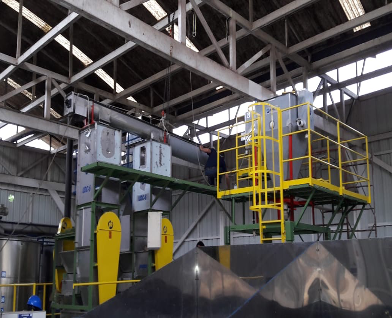
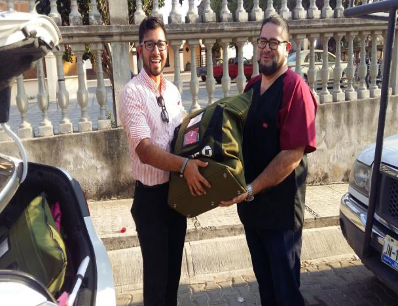
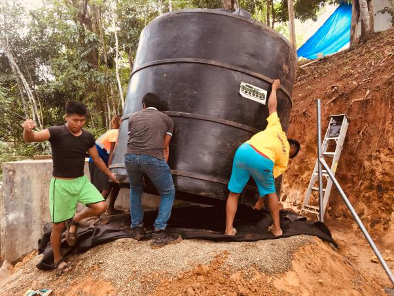
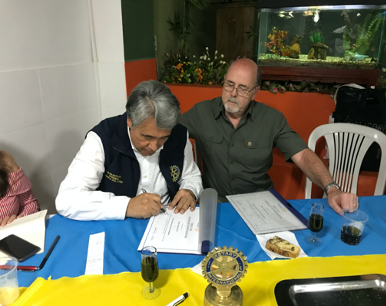
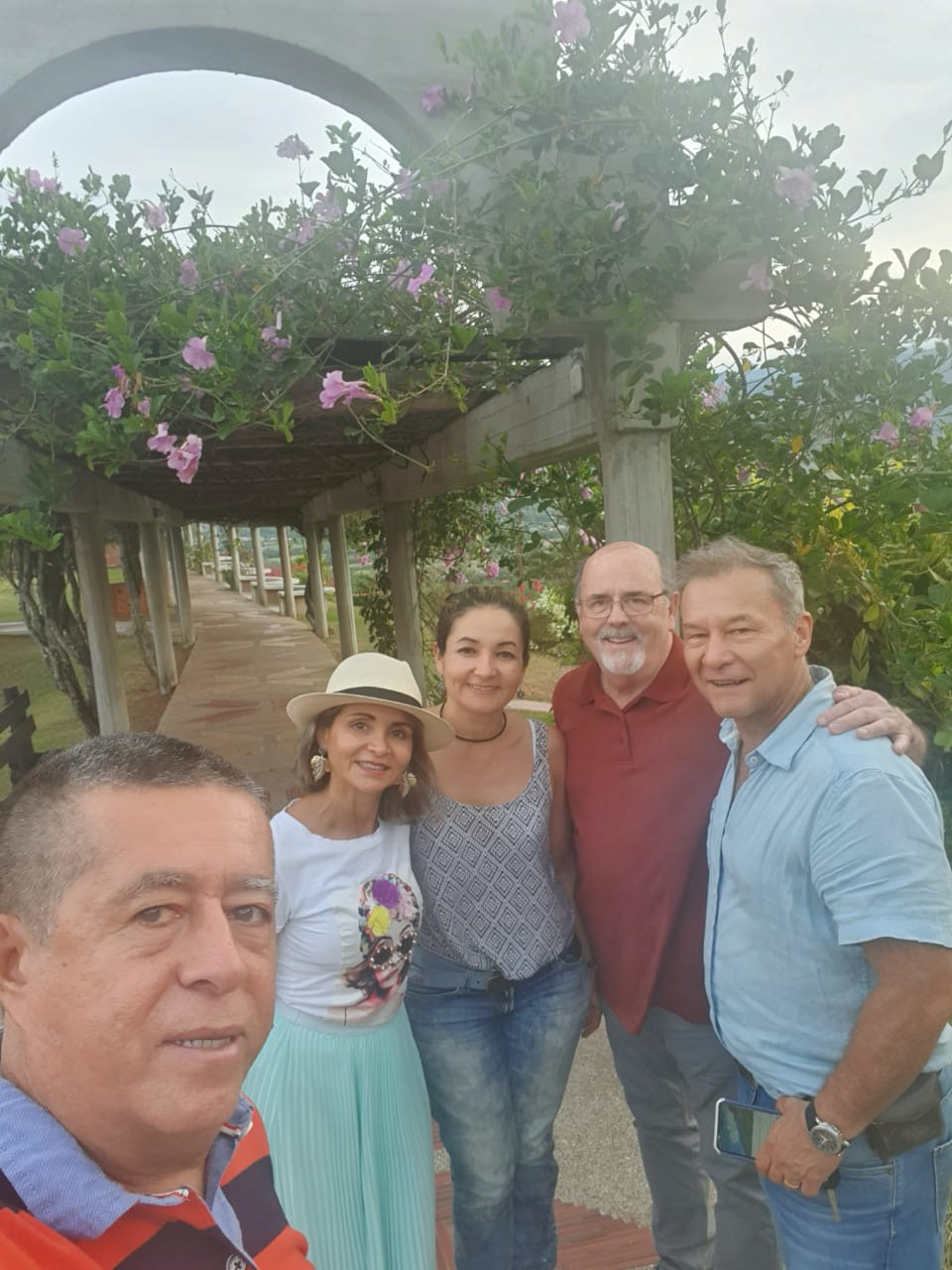
Keys To Success
- Be persistent in pursuing partnering. It’s like a funnel. Many opportunities are pursued, but few actually result in funding projects and developing long term relationships.
- Establish a formal or informal vetting process for evaluating both a project and the corroborating club.
- Ask if a community assessment (community assessments are requirement for Global Grants) has been done (this is done by the collaborating club) and evaluate the results. This will help determine if the beneficiaries are supportive of the project and that it will solve a need.
- Communications!
- Establish ongoing contact with a lead representative of collaborating club.
- If your club has a fluent speaker in the language of the host club, make them your communications contact. If not, ask if the collaborating club has an English speaker to facilitate the communications.
- Request periodic progress and final reports including photos.
- On-going evaluation of the collaborating club on responsiveness and problem solving.
Experts and Mentors
Global Grants:
Wyn Spiller, wyn.spiller@gmail.com
Ramona Delmas, radelmas@gmail.com
Open World:
Carolyn Feuille, cfeuille@espritgloballearning.com
Helen Hankins, helenhankins@gmail.com
Twin Clubs:
Mike Rainey, rainey841@yahoo.com
Carolyn Feuille, cfeuille@espritgloballearning.com
International Projects Fairs:
Jon Gresley, jongresley@hotmail.com